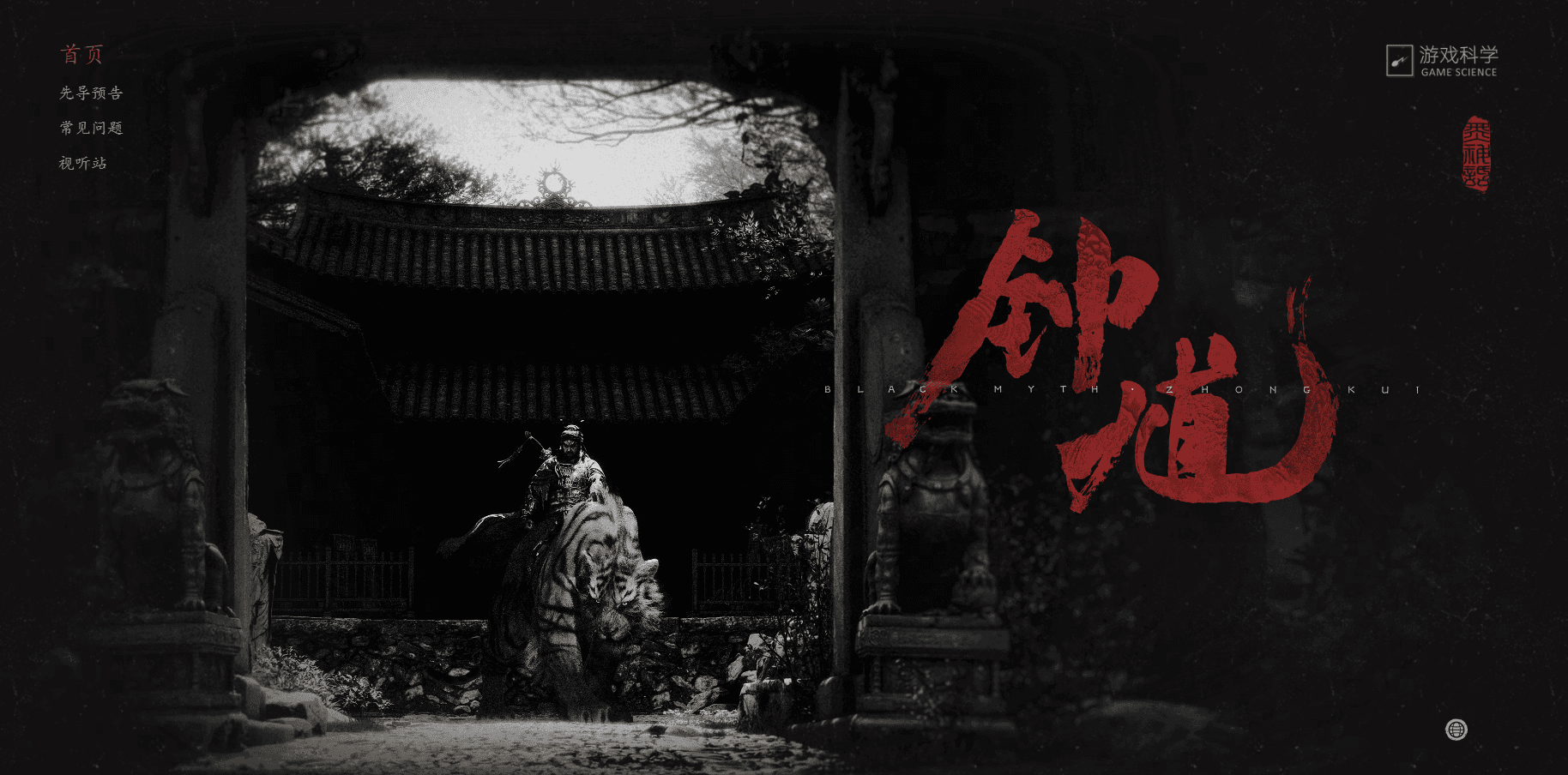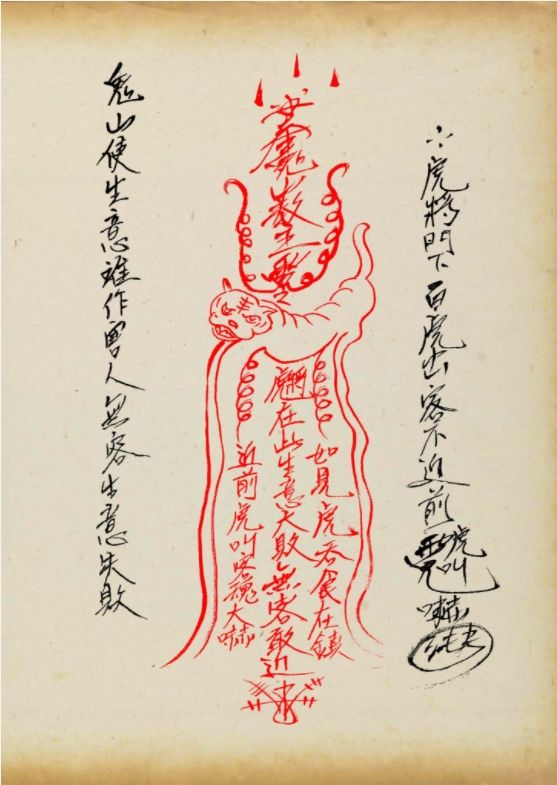
Constructing the Black Myth Universe: From Wukong to Zhong Kui
Want to read in a language you're more familiar with?
In the action RPG genre, Black Myth: Wukong has carved a unique niche by masterfully integrating ancient Chinese mythology into its core. Drawing from the class...
In the action RPG genre, Black Myth: Wukong has carved a unique niche by masterfully integrating ancient Chinese mythology into its core. Drawing from the classic Journey to the West, it immerses players as the "Destined One" on a quest to uncover forgotten truths. Building on this success, the developers have officially announced the next title in the series, Black Myth: Zhong Kui, which will continue this tradition by adapting the legend of the iconic demon queller from Chinese folklore.
Building upon Wukong's success in reimagining mythology, a potential sequel focusing on Zhong Kui could explore entirely new dimensions of Chinese folklore. Zhong Kui, known in legends as the King of Ghosts, presents a perfect protagonist for the Black Myth treatment - a figure both heroic and tragic, existing between the human and spiritual realms.
Who is Zhong Kui?
Zhong Kui is one of the most iconic and enduring figures in Chinese folklore, a divine exorcist whose primary role is to hunt, subdue, and vanquish ghosts and evil spirits. His image is unmistakable: a large, imposing man with a fierce, bearded face, often depicted wearing a black scholar's robe and a mandarin's hat. He is typically shown wielding a giant sword, and he is often accompanied by a host of lesser demons who have sworn loyalty to him.
His origin story is a classic tale of profound injustice transformed into ultimate power. The most popular legend states that Zhong Kui was a brilliant but physically ugly scholar in the Tang Dynasty (618-907 AD). He traveled to the capital to take the imperial examinations and scored the highest marks, earning the title of Zhuangyuan. However, when he appeared before the emperor, his looks so repulsed the court that his title was stripped away. In a fit of righteous fury and despair, Zhong Kui committed suicide by crashing his head against the palace steps.
Upon his arrival in the underworld, his integrity and tragic fate impressed the King of the Underworld, who immediately appointed him as the judge and commander of all spectral beings. Thus, the man wronged by the mortal world became the supreme authority over the spirit world.
The choice of Zhong Kui is strategic, as his persona perfectly aligns with the Black Myth series' dark fantasy vision. Unlike the heroic pilgrimage of Journey to the West, Zhong Kui's story is rooted in tragedy and vengeance, offering a grittier, more complex narrative. His established role as a spectral hunter wielding a demon-slaying sword provides a natural foundation for intense combat, while the lore surrounding him invites a darker, more gothic aesthetic of haunted realms and the underworld. Ultimately, he serves as a perfect cultural bridge—an iconic Chinese ghost king whose core archetype is instantly recognizable globally as a supernatural anti-hero.
The narrative could follow Zhong Kui in a time when the boundary between the living world and the spirit realm has weakened. Unlike the celestial-focused story of Wukong, this adventure would delve into the darker, more intimate stories of spirits and humans. Imagine navigating through haunted villages where restless spirits reenact their final moments, or descending into the underworld's corrupted courts where ancient justice has been twisted. The story could explore themes of redemption, unfinished business, and the complex relationship between the living and the dead, all while maintaining the series' signature tone of uncovering hidden truths beneath surface-level myths.
Evolving Gameplay Mechanics: 4 Predictions for Black Myth: Zhong Kui
The transition to Zhong Kui would bring revolutionary changes to gameplay. Here are some potential innovations:
Spirit Vision System
A core mechanic could be the ability to shift between the human world and spirit realm. This wouldn't be merely visual - entire sections of the environment would transform, revealing hidden paths in the spiritual plane or making visible what was once invisible. A dilapidated temple in the human world might appear as a bustling spiritual court when viewed through Zhong Kui's eyes.
Talisman-Based Combat
Replacing the direct combat of Wukong, Zhong Kui would employ a sophisticated system of talismans and spiritual seals.

Players would combine different talisman types to create strategic effects - using binding talismans to restrain powerful spirits, elemental talismans to exploit weaknesses, or protective seals to create defensive zones. The combat would emphasize preparation and strategy over pure reflexes.
Judgment System
A moral choice system could be introduced where players must decide the fate of spirits they encounter. Some spirits might be bound by tragedy and deserve redemption, while others are truly malicious. These choices could affect Zhong Kui's abilities and the world's state, creating branching narratives and multiple endings.
Spirit Companions
Rather than transformations, Zhong Kui could temporarily bind spirits to aid him in combat and puzzle-solving. A water spirit might help cross otherwise impassable areas, while a bridge guardian spirit could reveal hidden platforms. This system would encourage experimentation and adaption to different challenges.
Game Science's Innovative IP Continuation
The upcoming Black Myth: Zhong Kui represents a deliberate and strategic evolution of the Game Science's core identity. While Black Myth: Wukong established the series by reimagining the epic, celestial journey of a classic hero, Zhong Kui pivots to explore the darker, more intimate corners of Chinese folklore. This shift is embodied in the new protagonist himself—Zhong Kui, the tragic scholar-turned-ghost king—whose narrative is steeped in themes of injustice and vengeance, offering a grittier and more morally complex tale. This change in tone directly fuels innovations in gameplay, moving from Wukong's direct staff combat to a predicted system centered on spectral abilities like talisman-based magic, a spirit vision mechanic to perceive hidden realms, and the command of ghostly familiars. Ultimately, this transition from the heroic pilgrimage of Journey to the West to the gothic underworld of Zhong Kui demonstrates a masterful blueprint for building a expansive "Black Myth Universe," one that retains its deep cultural roots while continuously offering fresh, diverse experiences within the rich tapestry of Chinese mythology.





